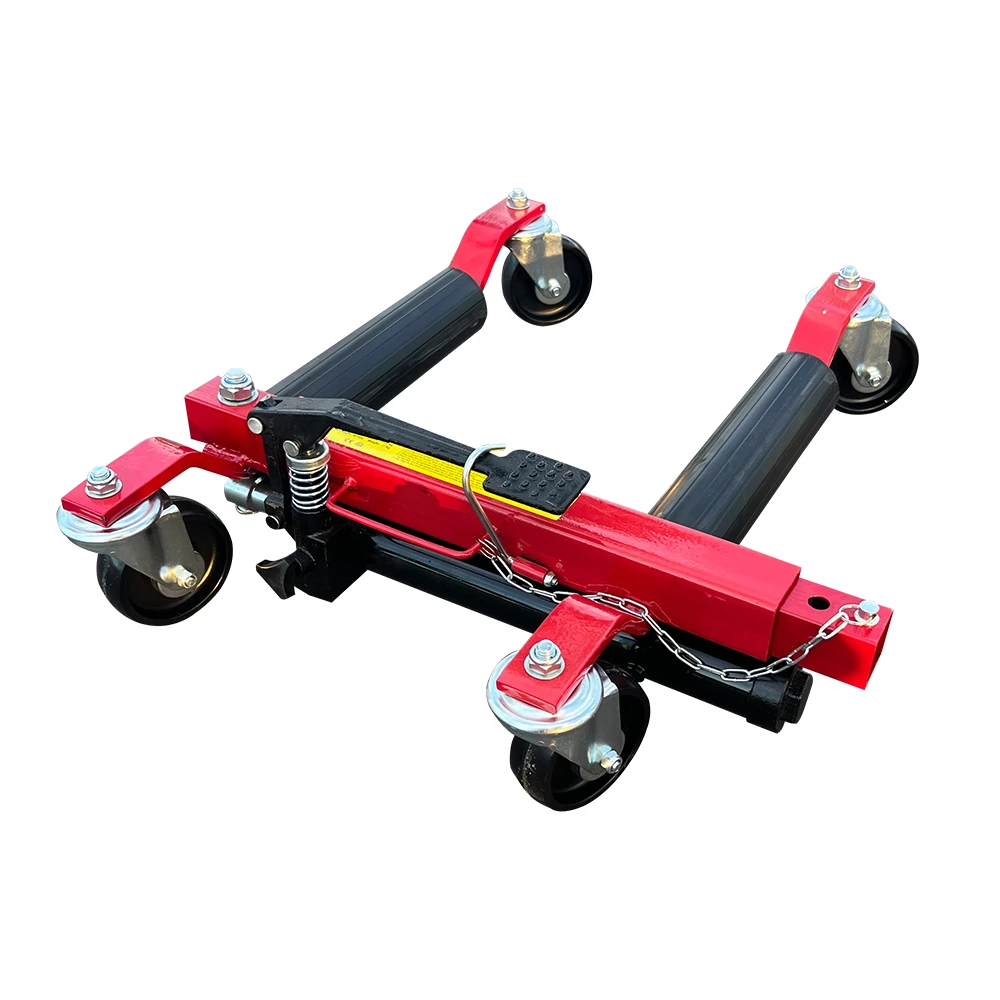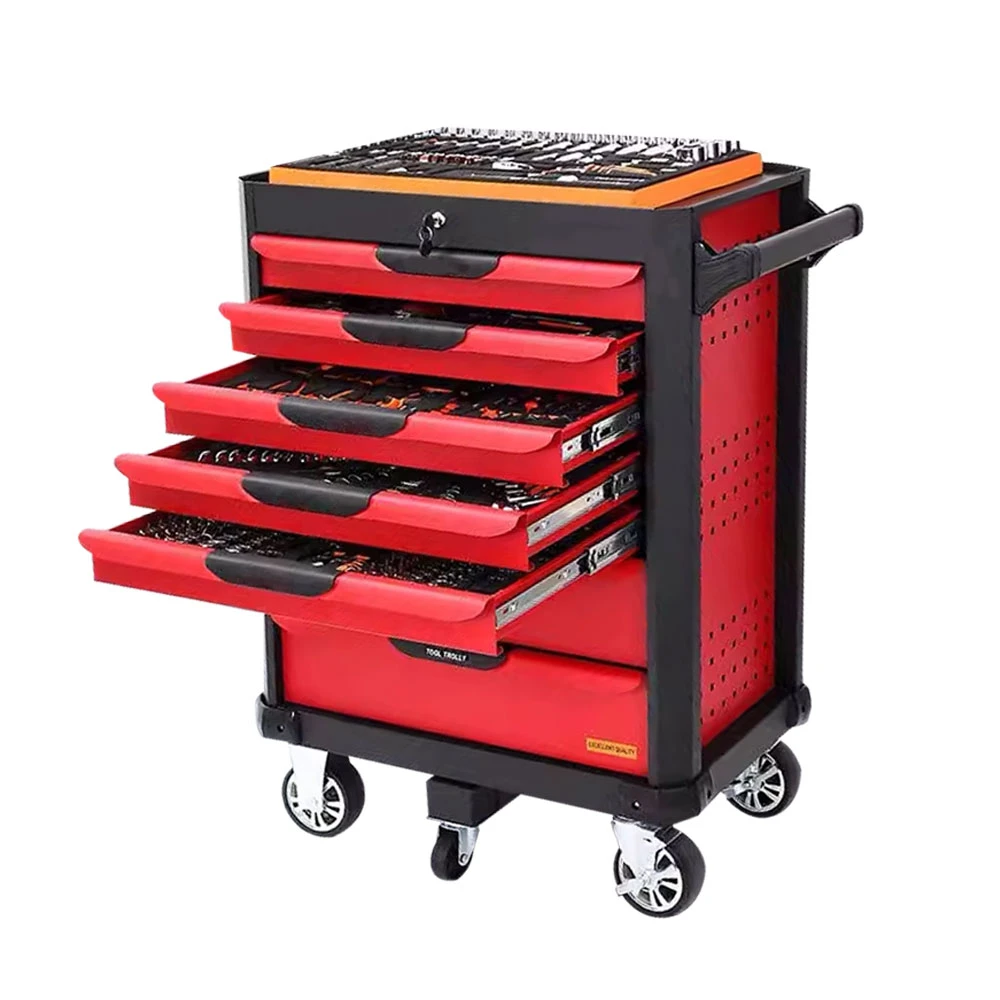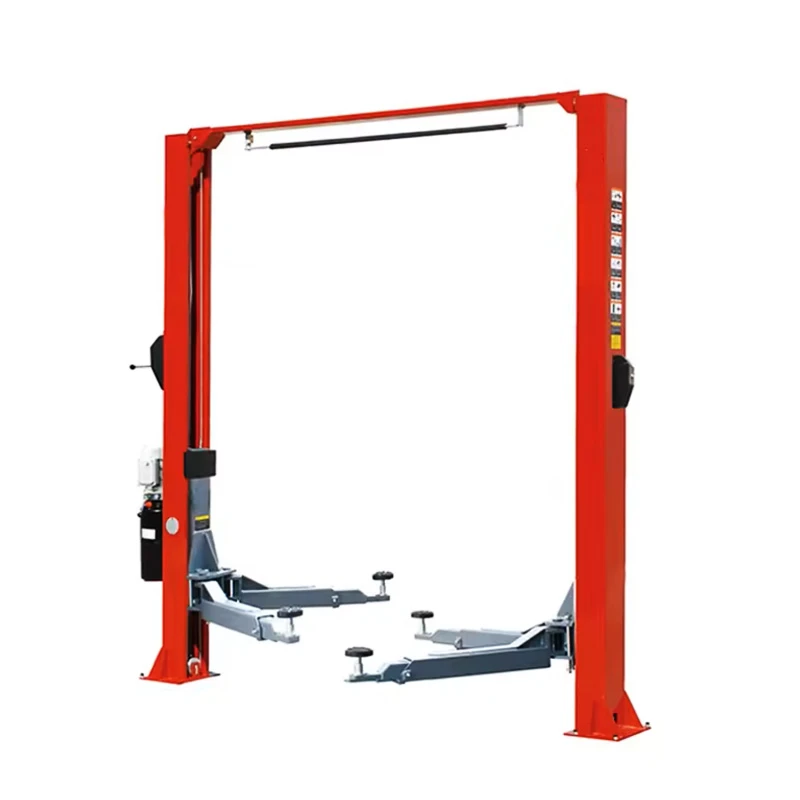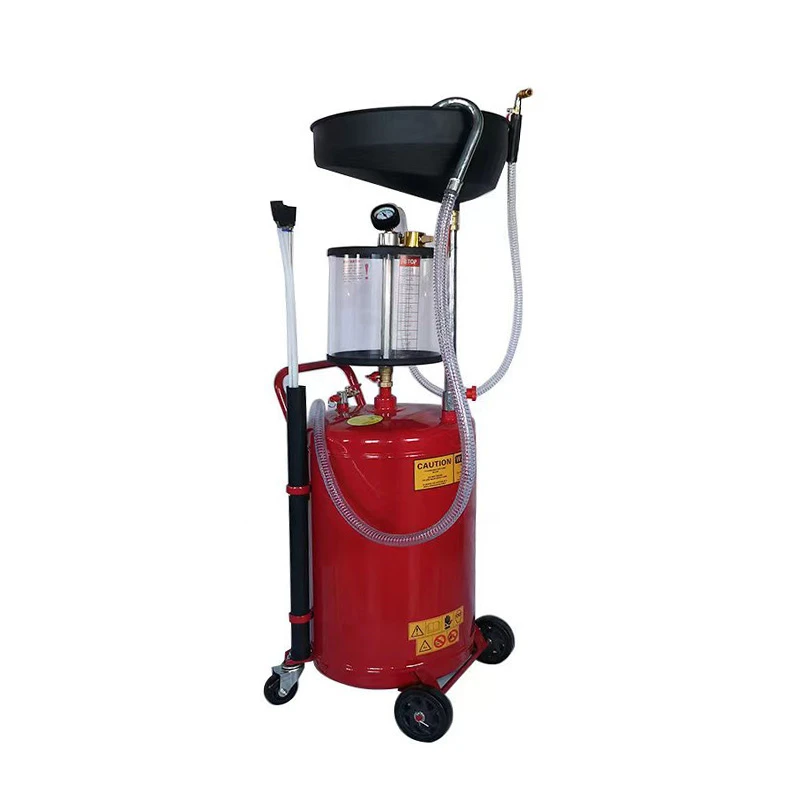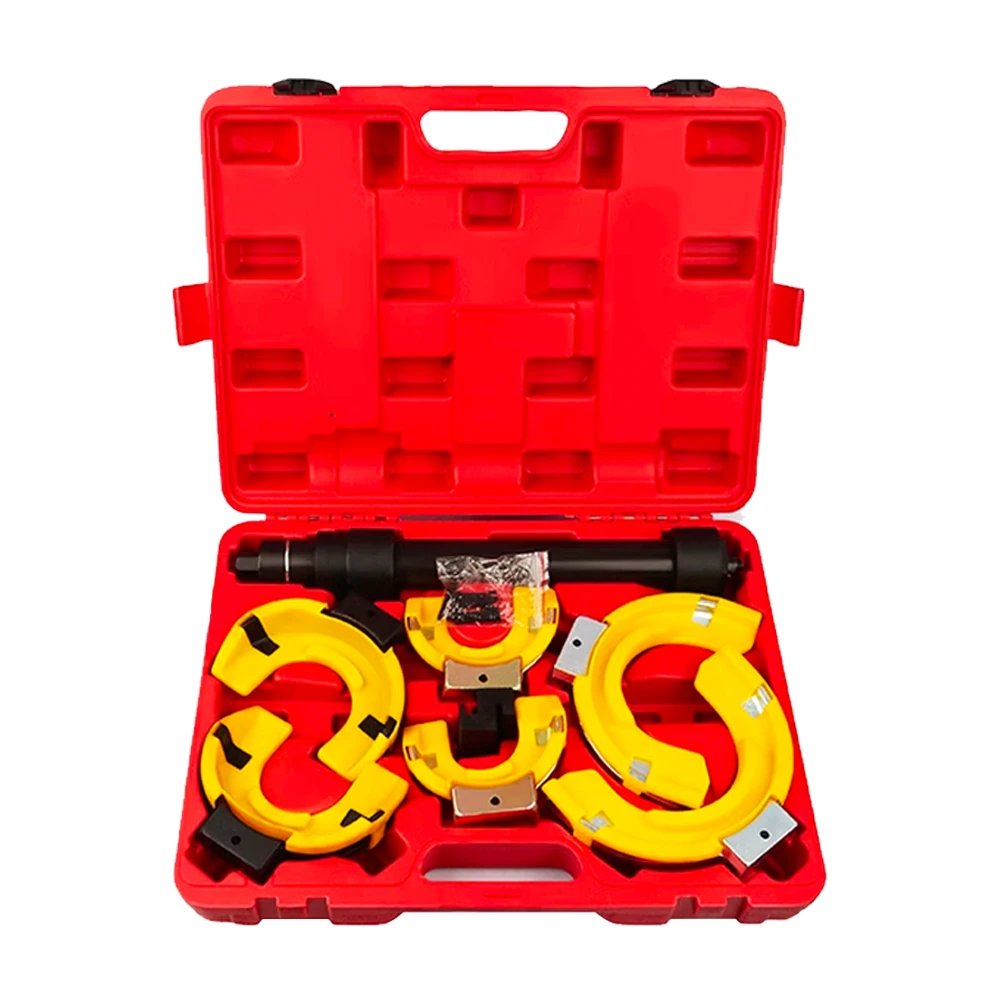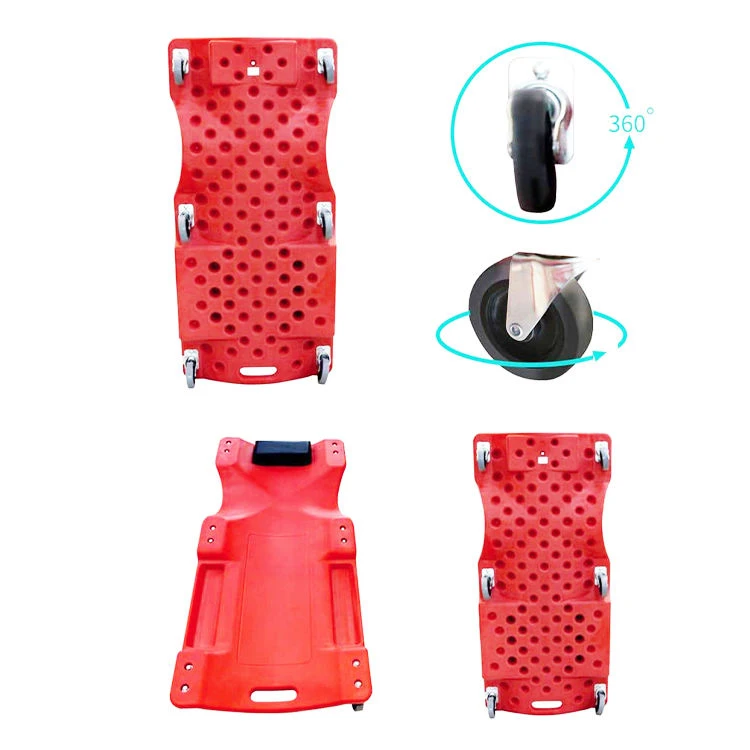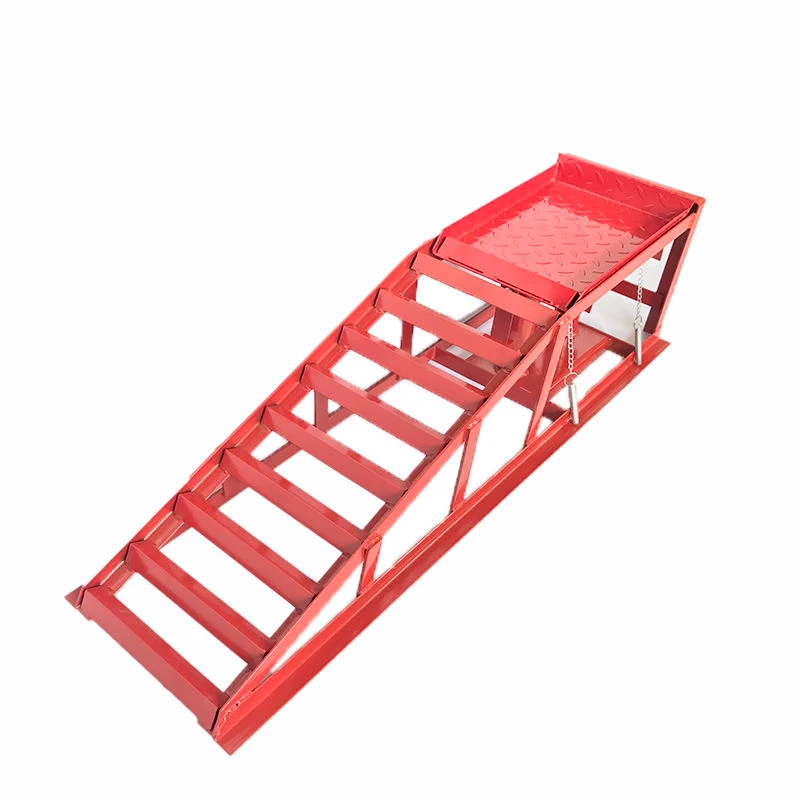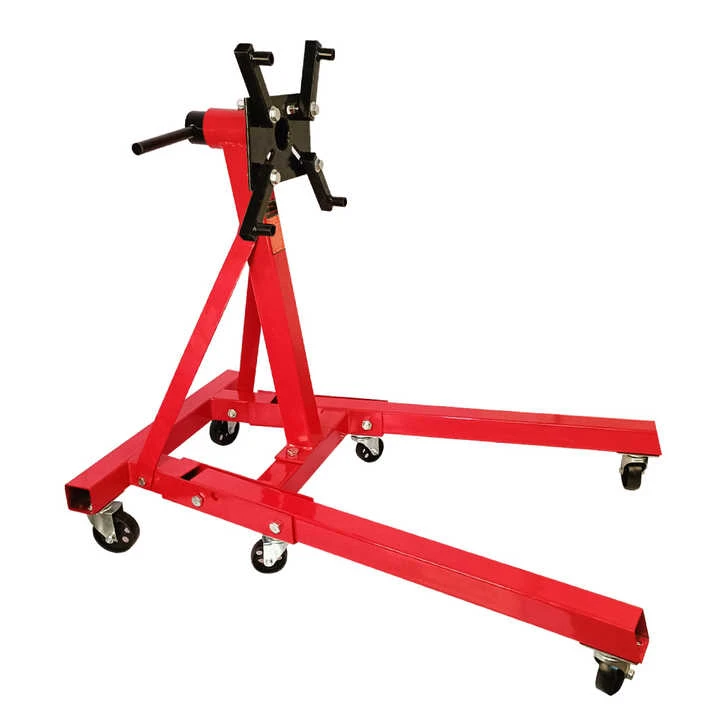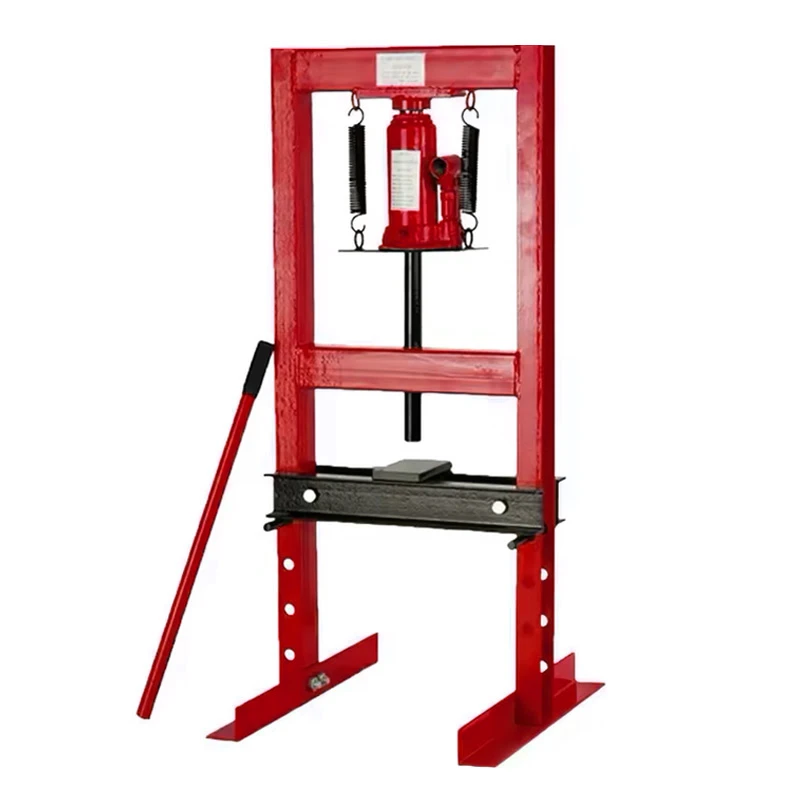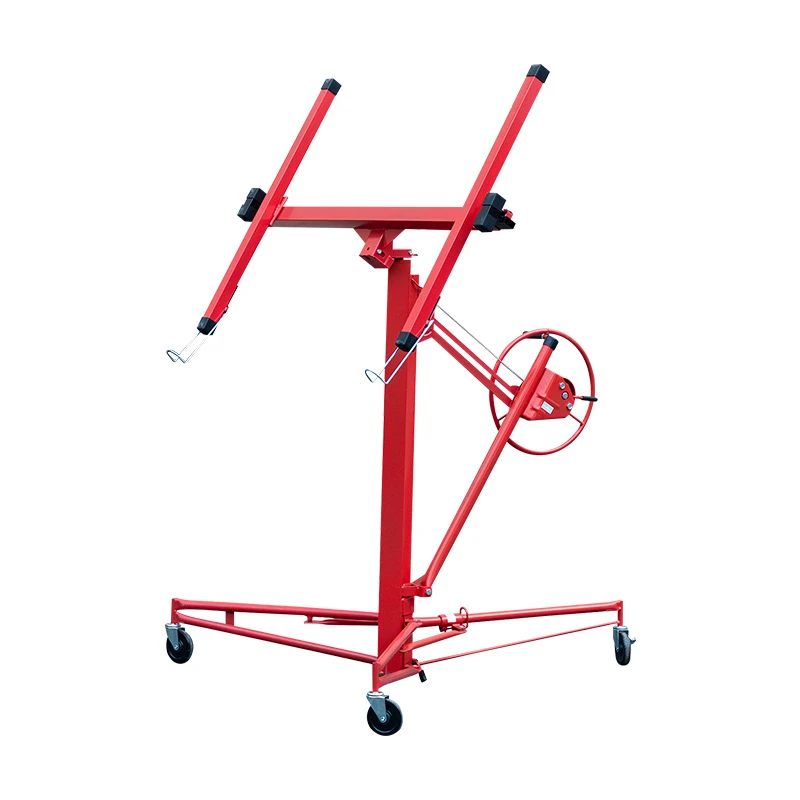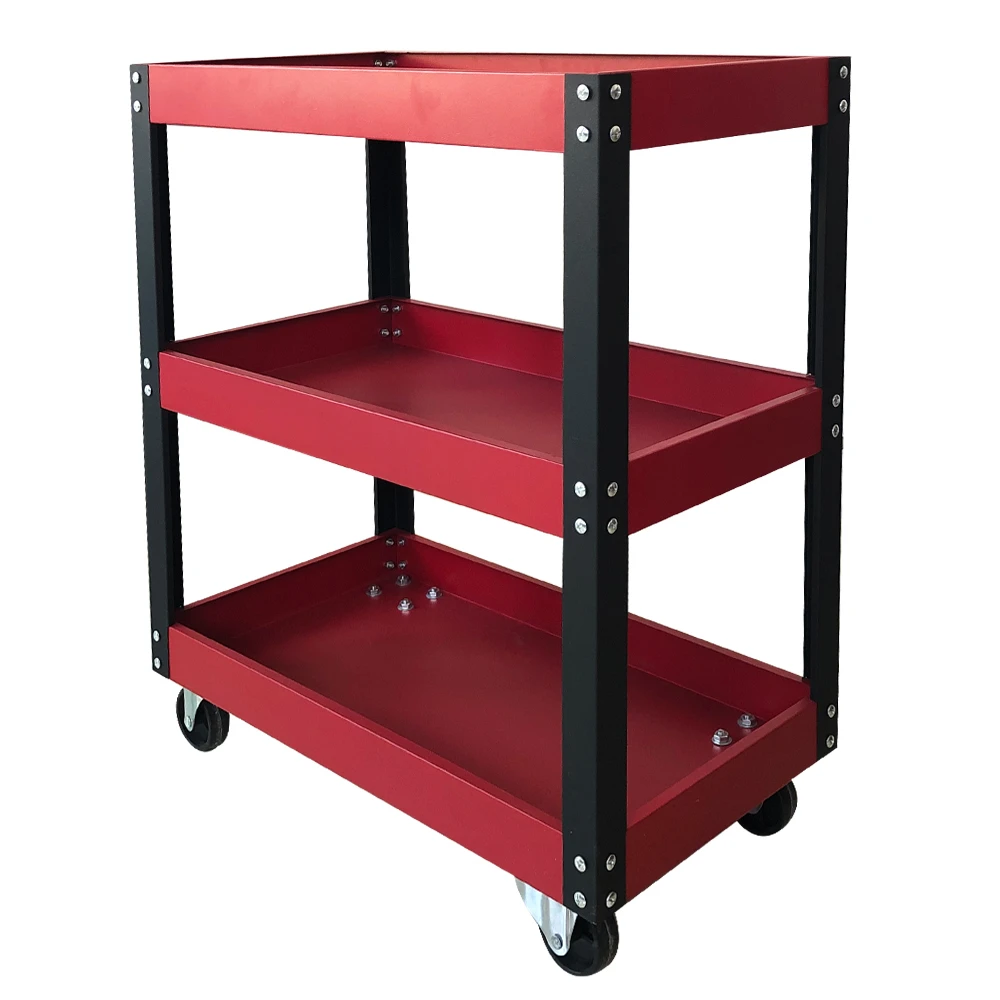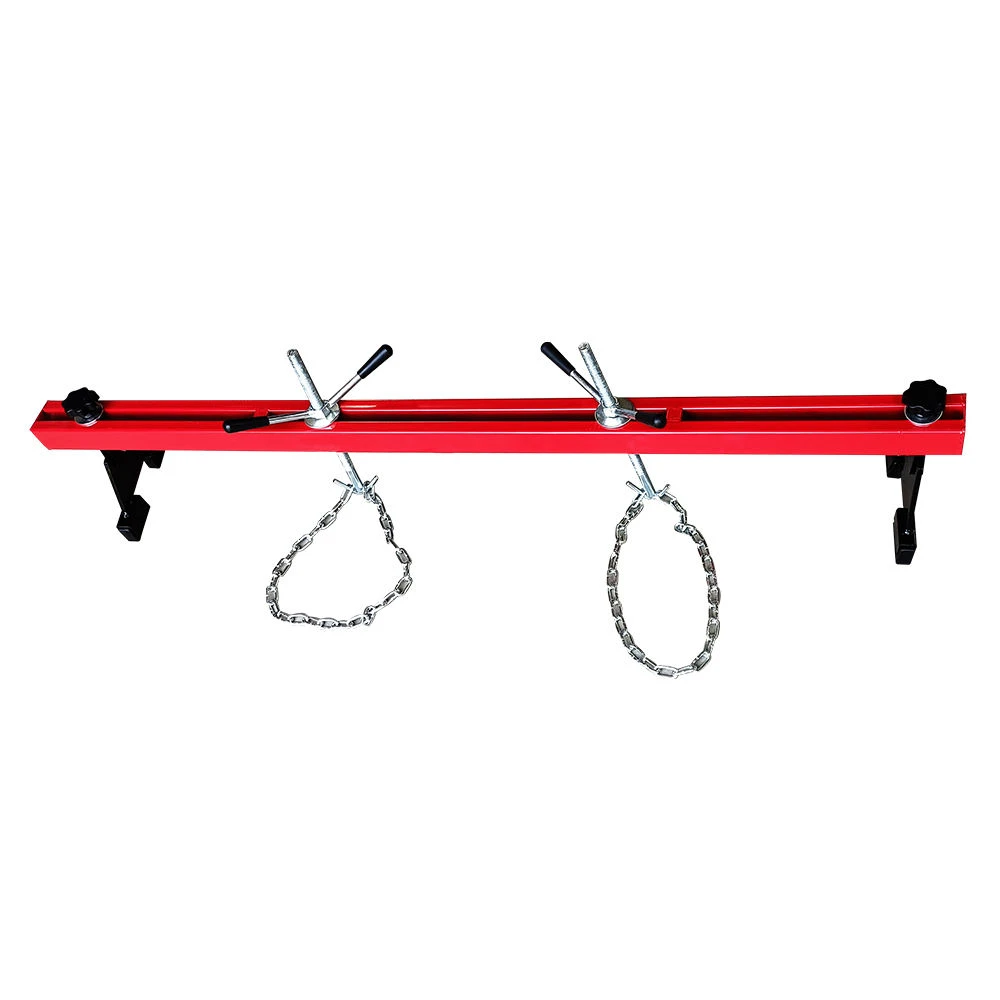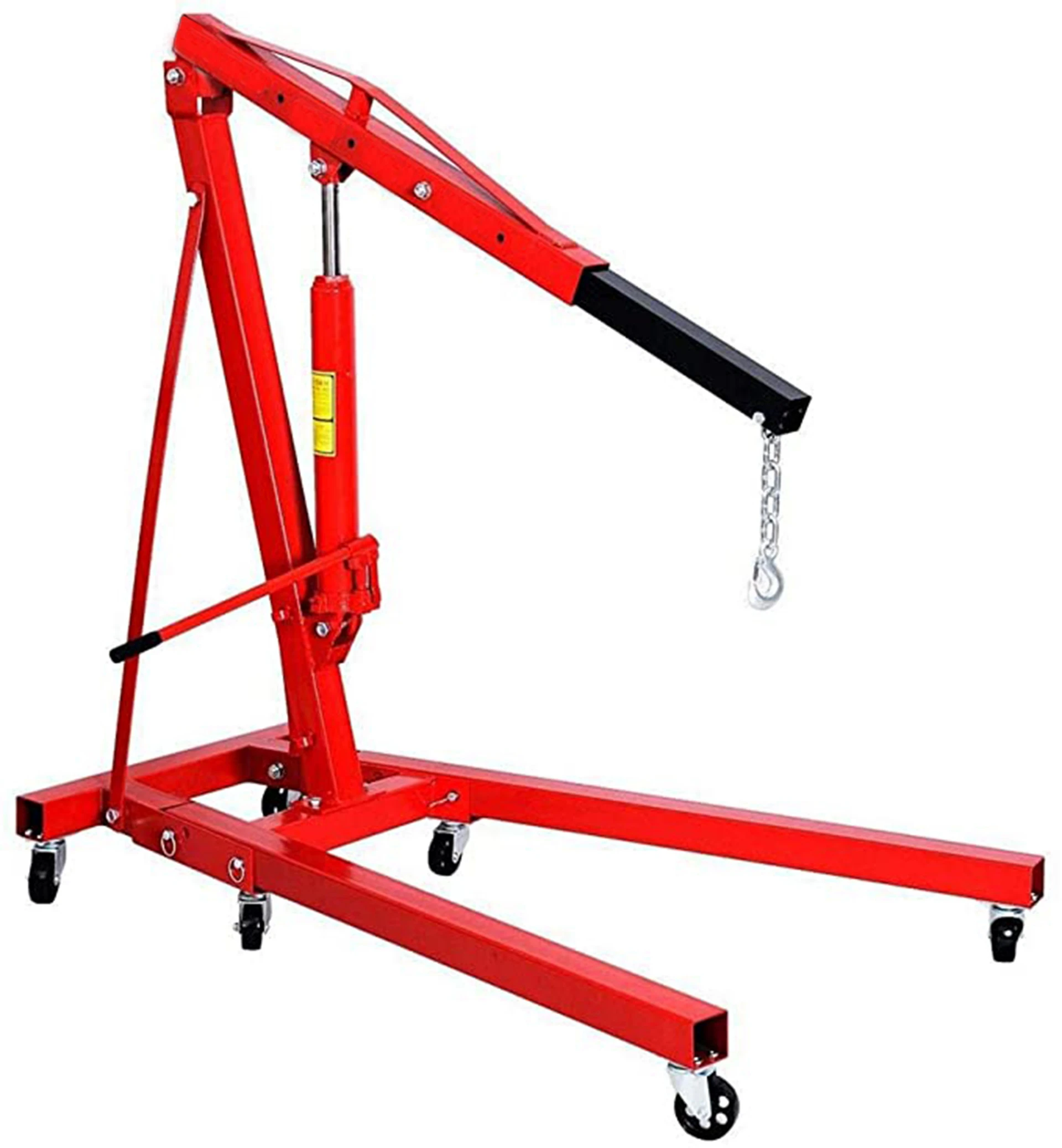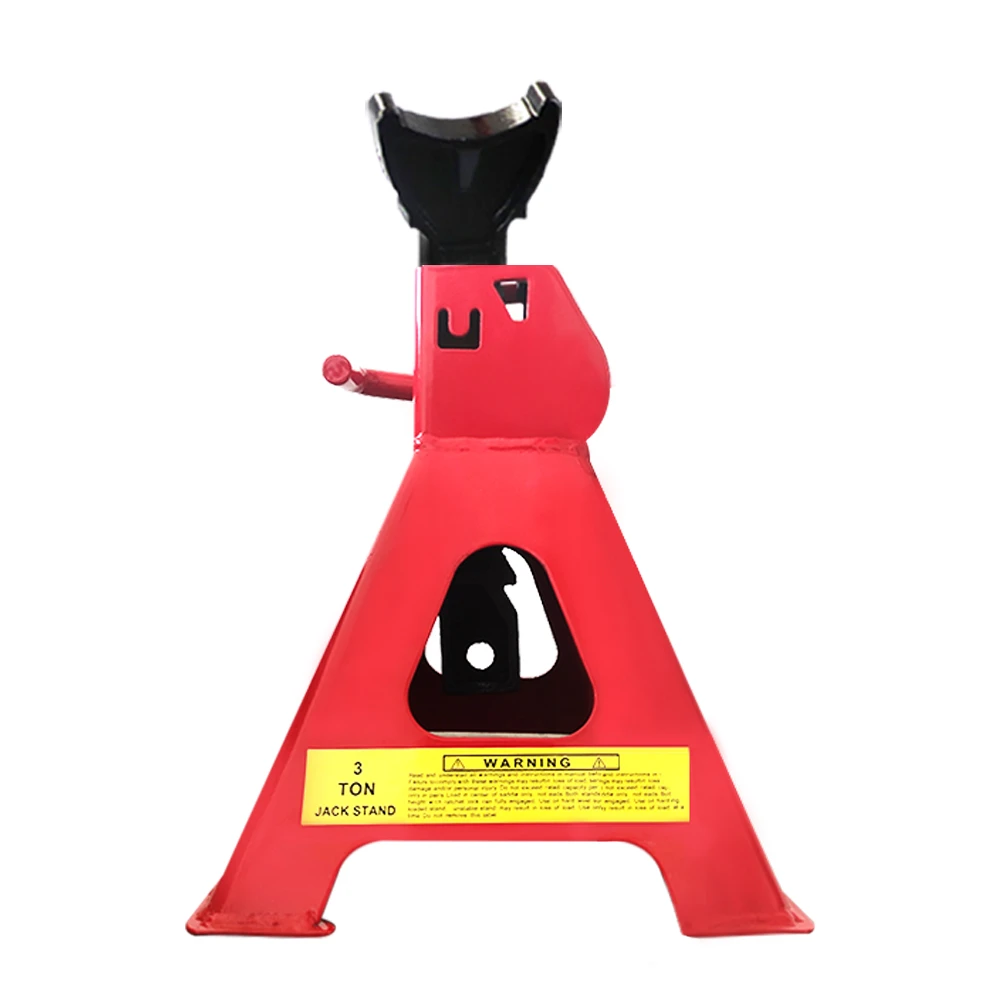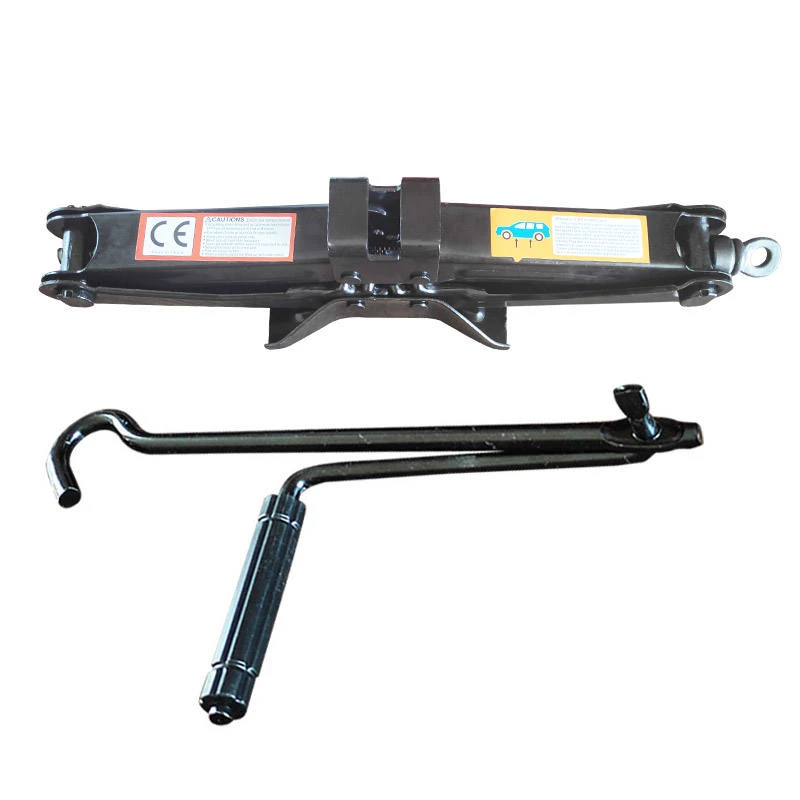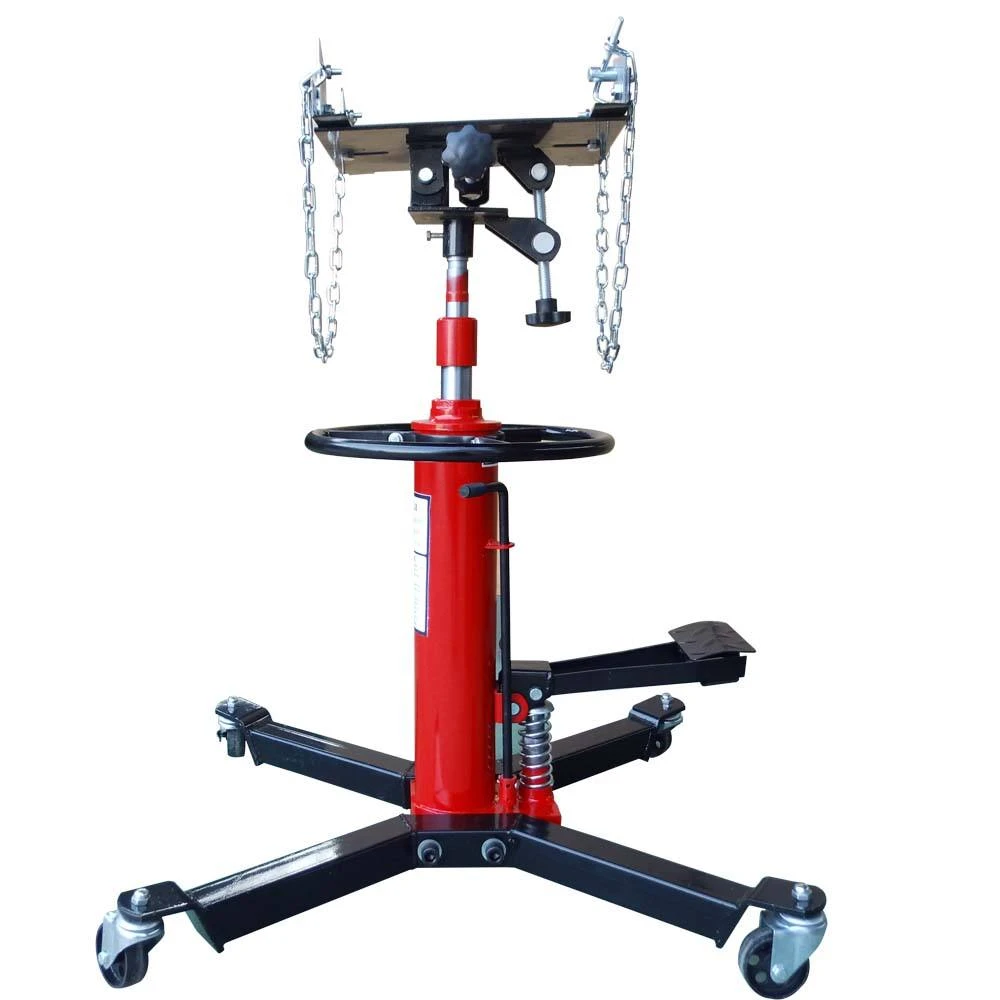1 月 . 11, 2025 09:21
Back To List
car shop jack
Finding the right car shop jack is crucial for both seasoned mechanics and DIY enthusiasts. A high-quality jack not only ensures safety but also enhances efficiency, making it an indispensable tool in any garage setup. This article delves into the essential considerations when selecting a car shop jack, drawing from industry expertise and authoritative sources to provide trustworthy advice.
Ease of use and portability are aspects frequently highlighted by experts in the field. Look for jacks with quick lift features, designed to reach full lifting height in minimal pumps. Additionally, consider the jack's storage needs. Compact designs are advantageous in limited space environments, yet should not compromise on performance. Hydraulic jacks, favored for their ease of operation and reliability, represent the expertise of seasoned mechanics. These jacks use fluid pressure to lift vehicles smoothly and are generally seen as more user-friendly compared to mechanical jacks. However, maintaining hydraulic systems to avoid leaks or pressure drops is critical for their long-term functionality. User reviews and testimonials serve as trustworthy sources of real-world performance and reliability. Engage with online forums or consumer reviews for insights into the experiences of others with specific jack models. This first-hand information can often illuminate potential issues or high points not immediately visible in product descriptions. Price, while a consideration, should not trump safety and functionality. Investment in a high-quality, reliable car shop jack pays dividends in safety assurances and task execution efficiency. Assess available warranties and customer support services, as these reflect a manufacturer’s confidence in their product’s longevity and reliability. In summary, selecting the right car shop jack involves a balance of capacity, material, lifting range, stability, ease of use, and price. Relying on authoritative insights and personal experience can guide informed decisions that align with both your technical needs and safety requirements. As a trusted advisor in automotive tools, prioritizing these factors ensures not only better performance but also enhanced safety, reinforcing your standing as a professional or hobbyist committed to excellence in car maintenance and repair.

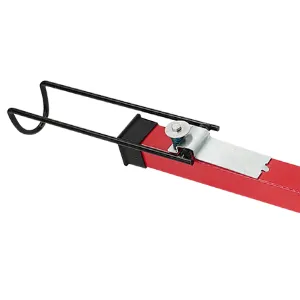
Ease of use and portability are aspects frequently highlighted by experts in the field. Look for jacks with quick lift features, designed to reach full lifting height in minimal pumps. Additionally, consider the jack's storage needs. Compact designs are advantageous in limited space environments, yet should not compromise on performance. Hydraulic jacks, favored for their ease of operation and reliability, represent the expertise of seasoned mechanics. These jacks use fluid pressure to lift vehicles smoothly and are generally seen as more user-friendly compared to mechanical jacks. However, maintaining hydraulic systems to avoid leaks or pressure drops is critical for their long-term functionality. User reviews and testimonials serve as trustworthy sources of real-world performance and reliability. Engage with online forums or consumer reviews for insights into the experiences of others with specific jack models. This first-hand information can often illuminate potential issues or high points not immediately visible in product descriptions. Price, while a consideration, should not trump safety and functionality. Investment in a high-quality, reliable car shop jack pays dividends in safety assurances and task execution efficiency. Assess available warranties and customer support services, as these reflect a manufacturer’s confidence in their product’s longevity and reliability. In summary, selecting the right car shop jack involves a balance of capacity, material, lifting range, stability, ease of use, and price. Relying on authoritative insights and personal experience can guide informed decisions that align with both your technical needs and safety requirements. As a trusted advisor in automotive tools, prioritizing these factors ensures not only better performance but also enhanced safety, reinforcing your standing as a professional or hobbyist committed to excellence in car maintenance and repair.
Prev:
Next:
Products categories
Latest News
-
Unlock the Power of the Spring Compressor for Your Projects
NewsApr.01,2025 -
Unlock the Power of Safe and Efficient Compression with the Spring Compressor
NewsApr.01,2025 -
Unlock Maximum Efficiency with the Spring Compressor
NewsApr.01,2025 -
Maximize Efficiency and Safety with the Spring Compressor
NewsApr.01,2025 -
Discover the Efficiency of the 2 Ton Foldable Shop Crane: A Must-Have for Auto Repair and More
NewsApr.01,2025 -
Discover the Best Spring Compressor for Your Needs
NewsApr.01,2025 -
Unlock the Full Potential of Your Workspace with the Tools Trolley
NewsMar.21,2025
